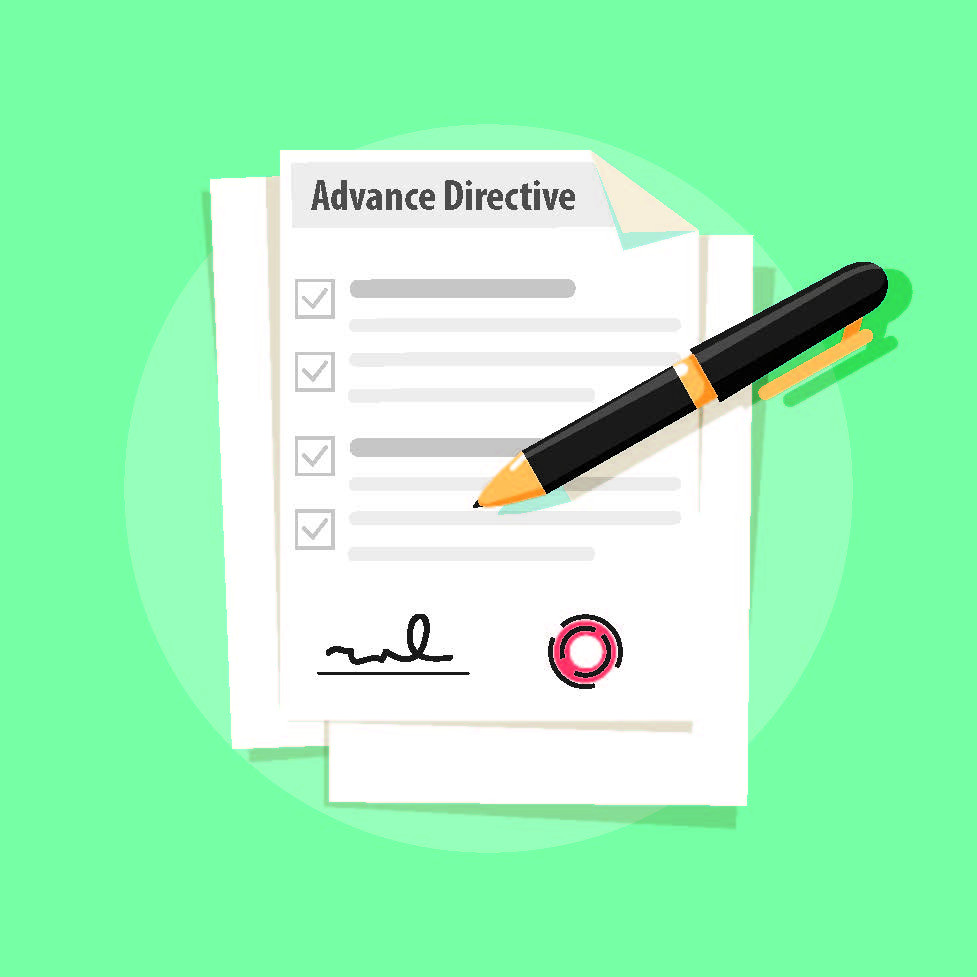How to choose and guide your health care proxy
Make sure it's someone you can trust, who'll be able to carry out your wishes in a variety of circumstances and environments.
- Reviewed by Anthony L. Komaroff, MD, Editor in Chief, Harvard Health Letter; Editorial Advisory Board Member, Harvard Health Publishing

Imagine the people in your life as workers in a company that takes care of you. The job of health care proxy or health surrogate — the person who'll make health care decisions for you if you become unable to make them yourself — would be considered a high-level executive. But many people leave that job vacant, or they give little direction to the person appointed to fill the role. If you do that, there might not be anyone to carry out your wishes.
How can you avoid that? You need to choose a health care proxy carefully, and then make clear to that person what you want. For advice on this challenging task, we turned to Dr. James Tulsky, chief of the Division of Palliative Medicine at Harvard-affiliated Brigham and Women's Hospital and chair of the Department of Psychosocial Oncology and Palliative Care at Dana-Farber Cancer Institute.
Q. Who's the best person for the job?
A: It should be someone you trust, who knows you well, such as a family member or friend. This person will need the emotional ability and presence of mind to be a decision maker. And the decisions will have to reflect what you would want, no matter the health scenario or environment, such as a hospital, long-term care facility, or your home.
Q. What scenarios will your proxy face?
A: That's hard to predict. Patients are often in situations where they're impaired, but they're not brain-dead or in a persistent vegetative state. So it's not a matter of whether to "pull the plug." It's usually more of a nuanced situation: someone is seriously ill, there are a number of potential treatment options, and there's a huge amount of uncertainty about what's going to happen next.
For example, maybe you've lost decision-making capacity due to a major infection. During treatment, things go poorly. Aggressive treatments could be pursued, and there might be a small chance of recovery. But that has to be balanced with the large reality of suffering, expense, and the possibility that you'll be severely incapacitated and unaware of your surroundings when you recover. The proxy must decide how much longer you receive treatment, and it's difficult. That's why the proxy must understand your wishes and how you'd want them to be applied in any situation.
Q. How do you convey your wishes?
A: It's a process. You need to have a conversation with your proxy about the values that are dear to you. Consider discussing your personal faith or beliefs, who'll be available to care for you, quality of life, the possibility of dementia and disability, and the financial and emotional burden of long-term care. Talk about the fact that there may be complicated situations, and what that might mean for decisions to be made on your behalf.
Q. Should you write out your wishes?
A: It might be useful to write a letter to your proxy summarizing what you talked about, so he or she can refer to it in a challenging situation. But it's not just about having a checklist, because almost certainly what you'd want would be something you haven't considered. It's more about a general understanding of the kind of decision you'd make.
Q. What else do you need on paper?
A: You need a legal document to formalize your selection of a health care proxy. It's called a durable power of attorney for health care. You can have an attorney create the document, often as part of your advance directive, or you can find a document online for free, typically on your state health department website. You'll have to get it notarized.
Q. Who needs to see the document?
A: Your health care proxy and your health care team need a copy of the document. Ask the team to upload it to your electronic health record. If that doesn't happen and the document can't be found, it's useless.
Q. What if you don't have a proxy?
A: If there's no obvious decision maker among family or friends, the state may have to appoint a guardian. That means a stranger will act on your behalf and guess what you'd want. It's better to get a health care proxy now, when you're thinking clearly and can communicate what you want.
An advance directiveAn advance directive can include the following documents to protect your future care.
|
Image: © Mykyta Dolmatov/Getty Images
About the Author

Heidi Godman, Executive Editor, Harvard Health Letter
About the Reviewer

Anthony L. Komaroff, MD, Editor in Chief, Harvard Health Letter; Editorial Advisory Board Member, Harvard Health Publishing
Disclaimer:
As a service to our readers, Harvard Health Publishing provides access to our library of archived content. Please note the date of last review or update on all articles.
No content on this site, regardless of date, should ever be used as a substitute for direct medical advice from your doctor or other qualified clinician.
















